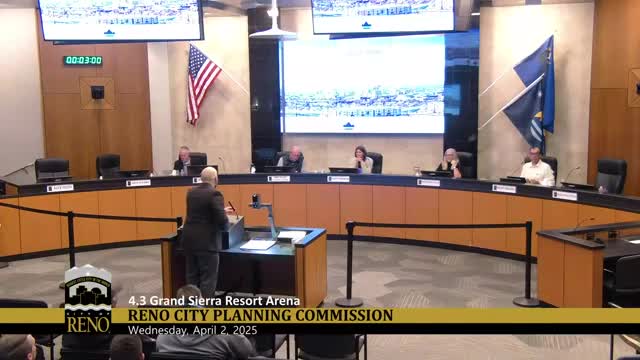Article not found
This article is no longer available. But don't worry—we've gathered other articles that discuss the same topic.
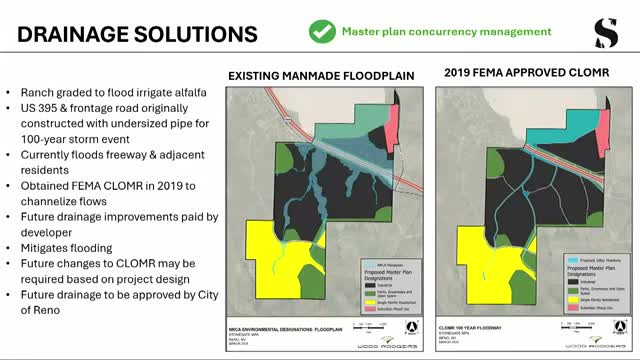
Commission adopts Ranchera PUD amendment to replace equestrian parcel with Village 8 and reduce total units
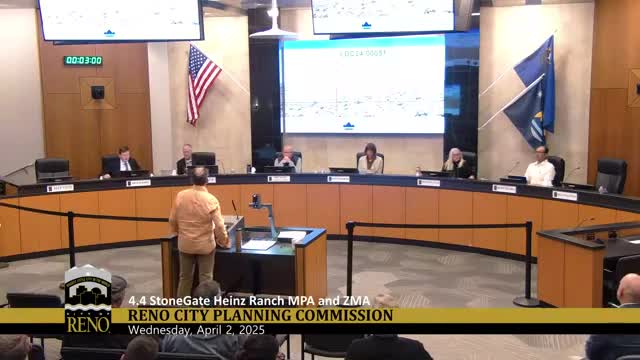
Planning Commission rejects Stonegate rezoning; members cite compatibility and scale concerns
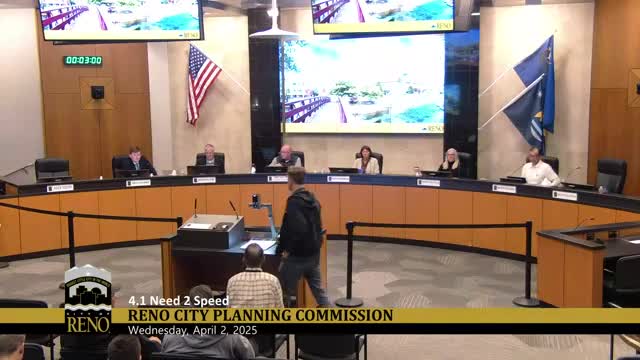
Commission expedites amendment for 'Need to Speed' patio music; CUP amended
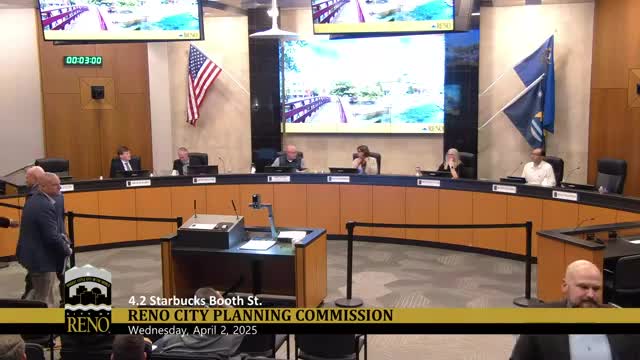
Planning Commission approves Booth Street Starbucks drive‑through with conditions to limit queuing
